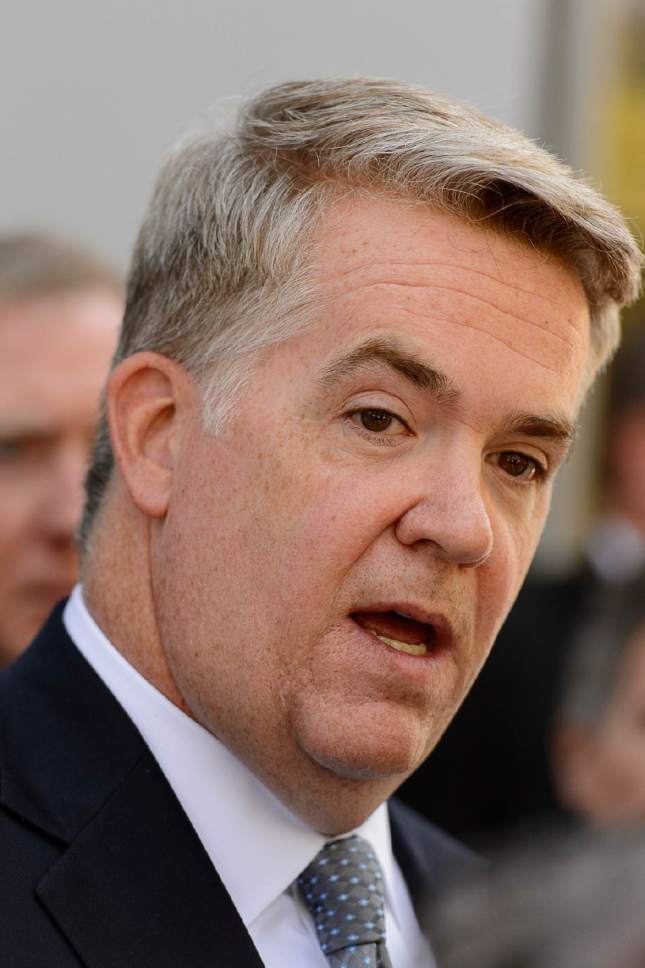This is an archived article that was published on sltrib.com in 2016, and information in the article may be outdated. It is provided only for personal research purposes and may not be reprinted.
Some defendants could get a break under a new diversion program in Utah's federal court.
Utah Alternatives to Conviction Track (U-ACT) participants who successfully complete the program — which offers treatment and other rehabilitative services targeting the causes of their criminal behavior — will be rewarded with the dismissal of charges or a sentence of probation instead of a prison term.
U.S. District Judge Robert Shelby, the judicial officer for U-ACT, said the program is the first of its kind for the federal court in Utah. The program was formally approved this summer by the participating agencies and a committee will meet in September to select eight to 12 participants, he said.
U-ACT was designed by the U.S. District Court, U.S. Probation Office, the U.S. Attorney's Office and the Federal Public Defender's Office. The goal of the program is to encourage rehabilitation, reduce recidivism and promote community safety.
U.S. Attorney John Huber said he learned about diversion programs for the front end of the court process — after defendants plead guilty to a charge but before they are convicted — at a legal seminar.
"I could visualize doing this in Utah," he said.
A multi-agency group checked out the Conviction and Sentence Alternatives (CASA) program in Los Angeles' federal court, then launched the effort to develop the Utah program, Huber said. His office wanted a positive acronym and came up with U-ACT.
Huber said the Department of Justice is committed to finding ways to prevent recidivism.
"I don't want to have to prosecute people three or four times," he said, adding that there can be big savings if the cycle is broken.
Candidates will be selected by consensus of the U-ACT program team, which is made up of Shelby and representatives from the other three agencies. Participation is voluntary and competition for a spot is competitive.
The participants will be placed in one of two groups. The first is for people with minimal criminal histories whose conduct appears to be an aberration. The second is for people, including those with more serious records, whose actions appear to be primarily motivated by substance abuse.
Generally, the defendants who will be excluded from U-ACT will be those who are involved in child exploitation offenses, including possession or distribution of child pornography; who have more than minor involvement in large-scale fraud or narcotics distribution or specific violent acts; or are subject to deportation.
The defendants who make the cut will plead guilty to charges under a plea deal with prosecutors that requires participation in U-ACT and specifies the benefit for successful completion. They will be subjected to intensive supervision, which includes regular appearances before the U-ACT team, and must complete programs that address contributing causes of their crimes, such as substance abuse or lack of education.
U-ACT participation will last between 12 months and 24 months. Defendants who don't successfully complete the program will end up back in court for sentencing.
Twitter: @PamelaMansonSLC



